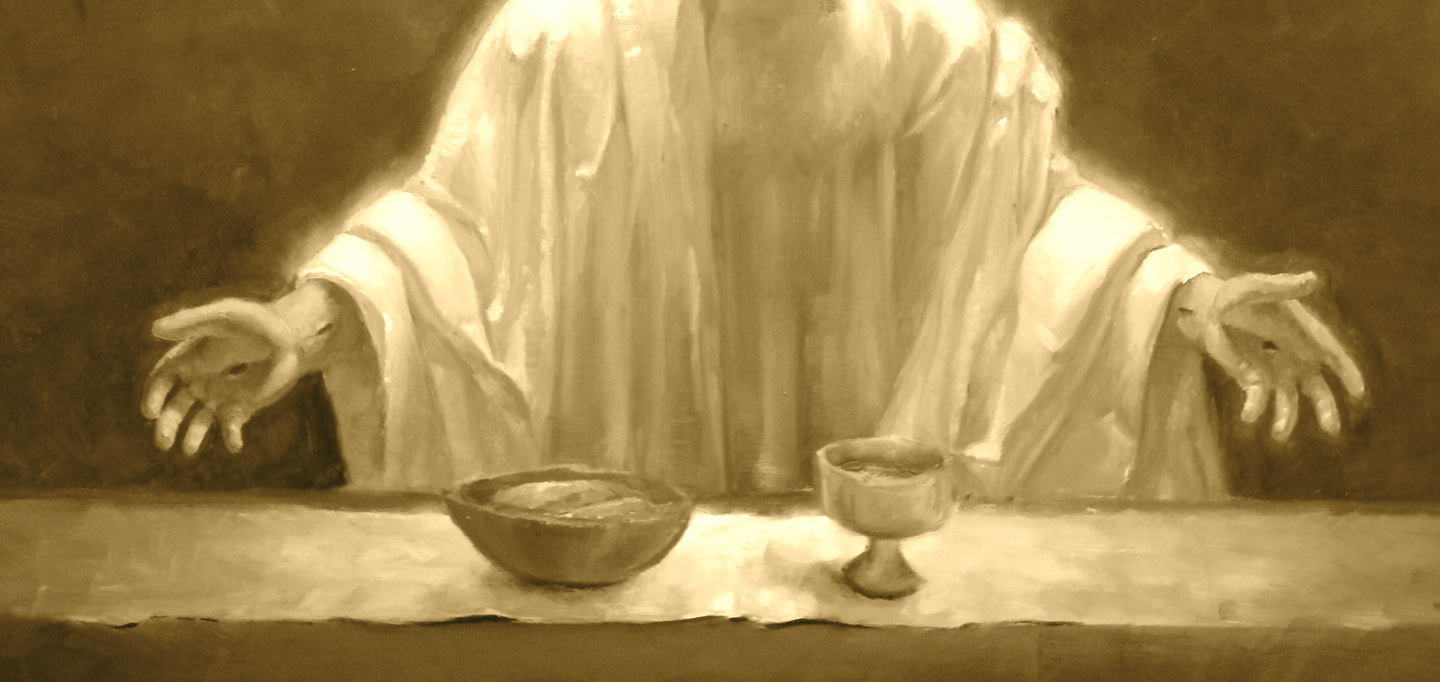
“I miss Ima,” my daughter tells me. “I miss her singing, and I miss her flowers.”
Ima was one of the best worship leaders I’ve ever known, and I’m so glad our paths crossed at an international church in Phnom Penh, Cambodia.
Originally from the islands of Fiji, Ima always led worship with a tropical flower in her hair. Usually, she chose a frangipani (plumeria), the bright yellow satiny flower that smells like the most luscious citrus dessert and is the mainstay of Hawaiian leis.
Cambodia has a tropical climate and wonderful people, but even so, the country has suffered much as a result of war, genocide, and corruption. Cambodia is not a tropical paradise, but the church is growing, and Ima is helping.
With her global team she led our global church. Typically, she shared the stage with a Filipino on keys, a Pakistani on percussion, an Australian on guitar, and a Malaysian on drums. Together, they helped lead a rag tag group of Jesus followers from over 30 nations in worship. They helped us declare, week after week, the hope of the cross and the certainty of God.
Our church was full of missionaries and businesspeople, those involved in anti-human trafficking work, and those serving in the relief and development sector. Many of us came to church on Sundays tired, exhausted, and poured out. We traveled by motos and tuk tuks, buses and cars, to be reminded of our Hope. We came to drink of Life, and we came to declare the death and resurrection of our Lord, until he comes again.
I hadn’t grown up in a church like this. I hadn’t grown up in a church with pastors from China, New Zealand, the Philippines, India, Canada, Cambodia, and the United States.
I thought the church was primarily American.
I mean, I didn’t really think that; it’s just that growing up in the Midwest in a standard evangelical church, the church just was pretty American. And Caucasian too. Our authors were American, our musicians were American, everyone was American.
Typically, the only non-American folks I ever came across were the ones we were sending missionaries to. We were the ones sending the gospel, and they were the ones receiving it.
As believers in America we’re taught, often accidentally, that to be a Christian is to be American, or at least to look like it. Even if not purposeful or intentionally racist, the trickle-down effect of this theology is dangerous and thieving, denying us connection to the breadth and depth of the global church.
But here was Ima, a Fijian woman, singing the gospel with power. She was pouring her heart out in prayer, and she was ushering a global community into the throne room of God. The Kenyan sister was dancing, the Samoan brother was singing, and the Australian guy was jumping up and down with a huge smile.
The global church was so much more beautiful and diverse than I had ever known. Christ’s people had come from all over the place, they were going all over the place, and they were worshiping.
I love the American church. But I’m afraid that somewhere in our history, we began to believe that we Americans held the keys to the Kingdom. We would never say it like that, but we sometimes act like that.
So long ago, our spiritual forefathers rightly declared that Rome was not the central hub of global Christianity. But I’m afraid we’ve drifted into our own hubris and begun to believe that the American church is the hub, the main gospel force in the world. It is not.
That vision is too small. That church is too claustrophobic.
I want to be brothers with the Swiss guy who runs a climbing gym in Cambodia. I want to serve alongside a Chinese businessman who converted himself (as far as that is possible) by picking up a Bible someone left behind in a hotel room in Nepal.
I want to rejoice with the Pakistani couple who opened their hearts and kitchen to us, telling stories of the faithfulness of God and how they escaped to safety. The unique flavor of homecooked samosas will always remind us of our friends’ faith and our Father’s faithfulness.
I want to honor the Japanese man providing care and education to disabled Cambodians. I want to join in with Cambodian pastors who continue to teach God’s word to God’s people in difficult times and challenging places.
Christ is the King, and his church is global.
We must remember: the church existed before America.
We must remember: the church will endure long after America.
We must remember: the church is older than Western civilization.
The church is global, and she is not dying.
And while the church is global, the gospel always gets worked out locally. That’s the beauty of it. The church can be local precisely because it’s so stunningly global. The church is big enough to be local everywhere.
As citizens of America, we should celebrate and honor and cherish the church in the United States. She remains beloved and part of the Bride. But as citizens of the Kingdom, we should celebrate and cherish and love the global Church too, wherever she may be found.
A Fijian worship leader with a flower in her hair helped me learn that.
When I finally get home and meet Jesus face to face, I will not be surprised at all if he bellows out the Fijian greeting: “BULA!” which means, “Life to you!” I hope to hear him say on that day, “Welcome home, my son. Here is the life you’ve been searching for! Well done.”
And then I will wander.
I will find a frangipani tree. I will inhale its cheerful citrus fragrance, I will smile, and I will look out on the nations that God has brought together, and I will declare, “This looks familiar; look at what the Lord has done!”
And then I will find Ima, and I will thank her for what she gave our church and what she gave my daughter. I will thank her for what she gave me. With her uniquely Fijian flair and a frangipani flower in her hair, week after week, she led God’s people to paradise.




